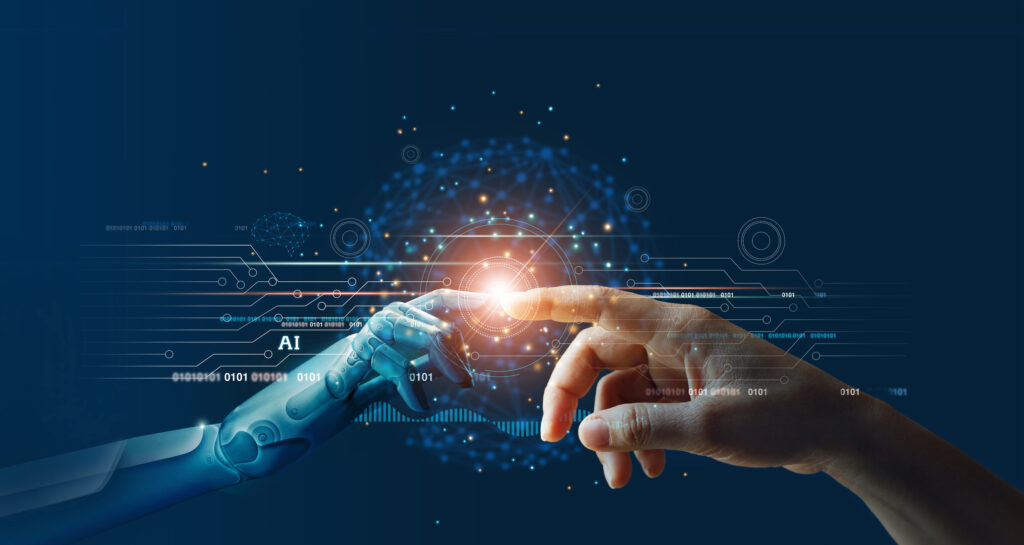High performing teams have never been so critical to the success of our organisations as they are right now.
The commonplace nature of remote working brought about by the pandemic has made working in teams more difficult, despite it never being more important to do so. It is not always easy to coordinate and bond with people who you only ever communicate with on a 13-inch screen.
How can we make sure that people from different backgrounds, with different stories and mindsets, can align their efforts to make magic happen when working together remotely?
Knowing how brains and hearts are wired
People analytics is at the forefront of most aspirational HR strategies. The most personal element of people analytics is behavioural analysis.
We need to understand who our people really are – beyond their pedigree or the potential evolution we project upon them. For that, we need to know how their brain and heart are wired. This will allow us to uncover their natural talents, learn how they think, and find out what really makes them tick.
If you can better understand behaviour, you can better understand the likelihood of professional success.
Those 3 key factors alone (cognitive abilities, motivation, and behaviour) can predict up to 50% of the capacity of people to succeed and thrive at work.
Almost 9 out of 10 resignations are a result of behavioural misalignment with the role or team culture, so if you can better understand behaviour, you can better understand the likelihood of professional success.
But knowing who someone is, and who – collectively – people are, is not enough for what we need today. Knowing ‘what was’ or ‘what is’, is not enough to build a dream team… or even a decent one.
Knowing ‘what will be’ is the golden ticket, and will allow organisations to predict how well a group of people are going to fit (and be efficient) collectively, as a team.
This is where artificial intelligence (AI) can give behavioural science a much needed 21st century shot in the arm.
Three ways AI can drastically boost team performance
1. Democratise psychological expertise
Artificial intelligence can reproduce the same degree of precision as a psychologist when analysing the profile of an individual.
Companies no longer have to source their local emeritus professor of psychology to access high-quality insight that was once the preserve of an elite few organisations around the world.
Moreover, AI goes further: it doesn’t read employee profiles the classical way – dimension after dimension – it makes sense of all the interactions a person’s natural tendencies can have upon one another when combined.
For example, the tendency to be assertive with others does not always manifest itself equally in different people. This trait is subject to how much the person is willing to consult others before making decisions.
Behavioural analytics possesses the ability to break through the expensive consultative glass ceiling.
You also need to consider whether that person who has a clear authoritarian natural tendency also demonstrates a strong need to convince others? And what if they were strategic enough in their communication to adapt almost seamlessly, to any kind of situation and interlocutors?
If you followed those variables, then you’re doing well. If you didn’t, that’s normal. People are complex, and being able to consistently and accurately predict how a person will behave is very hard for the human brain.
Not only does AI have the ability to analyse dozens of behavioural patterns in a person, it can analyse dozens of different combinations of these patterns in dozens of people – and it does it in seconds.
Behavioural analytics possesses the ability to break through the expensive consultative glass ceiling.
2. Interpersonal affinity prediction
Confining people together in a small room for 48 hours can help you to understand how they will behave when in a group. Fortunately, AI is an effective, and more palpable solution.
It is inspired by the unlikeliest of sources: ground-breaking research that has gone some way to underpinning the dating industry. Using the basis of this methodology, it follows that HR teams can now better understand what motivates people (or not) in a relationship and what will drive happiness (or not).
AI has the ability to outline employees’ similarities and differences, and predict their capacity to productively work together.
HR teams can use tools to go beyond knowing if people can get along (the ‘social’ aspect of affinity) and onto predicting their capacity to capitalise on their similarities/differences to productively work together (the ‘work’ aspect of affinity).
3. Competency framework
AI can be used to translate everyone’s natural talents into behaviours that can make or break the probability of team success.
Let’s take behavioural competencies of leadership, empathy and communication: can you imagine a world where you could know precisely how much of those competencies would be helpful for a specific team (depending on the goals assigned to that team)? And how much do each of the members of that team demonstrate those competencies at the required level to make it work?
AI can combine with human behaviours to produce a pragmatic approach to achieving greatness.
It is this scenario where innately human behaviours like setting high-reaching goals, dreaming big, and operating within a skills framework can combine with AI to produce a pragmatic approach to achieving greatness.
AI will never remove great team-builders
AI opens up a new world of possibility and predictive capability, but this is not at the expense of exceptional HR professionals, and it does not mean replacing your employees with datasets (as some would argue).
AI enables organisations to see people for who they really are without bias – cutting slick new keys to unlock our understanding of the complexity and beauty of the human psyche, whilst guiding a path so that peoples’ talents can work together, for the better. It is clearly a very human endeavour.
For HR professionals and managers, it is those of you who are brave enough to embrace artificial intelligence that will achieve team greatness first.
[cm_form form_id=’cm_65a14c3f5da64′]






